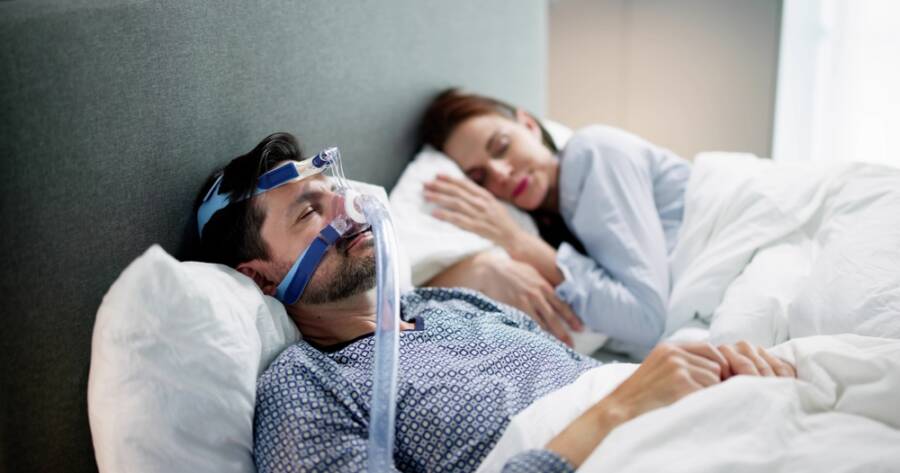Sleep apnea can have a significant impact on health and daily life, causing disruptions that lead to fatigue, difficulty concentrating, and even serious health risks. Thankfully, various treatment options can help manage this condition effectively. From lifestyle changes and specialized devices to innovative therapies, there are solutions tailored to different needs and severity levels. Discovering the right approach can lead to improved sleep quality, restored energy, and better overall health, helping you regain restful nights and active days.
What Is Sleep Apnea and Why Is Treatment Essential?
Sleep apnea is a common yet serious sleep disorder in which breathing repeatedly stops and starts during sleep. The most common form, obstructive sleep apnea (OSA), occurs when throat muscles relax and block the airway, reducing oxygen flow. Left untreated, sleep apnea can lead to various health complications, including high blood pressure, heart disease, type 2 diabetes, and even an increased risk of stroke.
Additionally, the lack of restful sleep caused by sleep apnea can lead to daytime fatigue, irritability, and difficulty concentrating. Treating sleep apnea is crucial for restoring quality sleep, enhancing daytime alertness, and preventing long-term health risks. Recognizing the symptoms early and exploring treatment options can significantly improve quality of life and overall well-being.
CPAP: The Standard Treatment for Moderate to Severe Sleep Apnea
Continuous positive airway pressure (CPAP) therapy is one of the most common and effective treatments for sleep apnea, particularly moderate to severe cases. CPAP machines deliver a steady flow of air through a mask, keeping the airways open throughout the night. This constant airflow prevents airway collapse and ensures uninterrupted breathing.
Although some people find the mask and machine initially challenging to adjust to, CPAP therapy is highly effective at improving sleep quality and reducing apnea episodes. Newer models offer advanced features, such as humidifiers and noise reduction, enhancing comfort and ease of use. With regular use, CPAP can significantly alleviate sleep apnea symptoms, reduce health risks, and improve daytime energy levels and overall quality of life.
Oral Appliances: An Alternative for Mild to Moderate Sleep Apnea
Oral appliances are a non-invasive treatment option for those with mild to moderate sleep apnea or for individuals who cannot tolerate CPAP machines. These custom-made devices, similar to a sports mouthguard, are worn during sleep and work by repositioning the jaw and tongue to keep the airway open. This approach can reduce airway obstruction and improve airflow, minimizing apnea episodes.
Many patients find oral appliances comfortable and convenient, especially for travel or when sharing a room. Regular adjustments by a dentist ensure the appliance remains effective over time. While oral appliances may not be suitable for severe cases of sleep apnea, they are an accessible and effective option for many, offering improved sleep and reduced symptoms.
When Surgery Becomes Necessary for Sleep Apnea
In certain cases, surgery may be recommended to treat sleep apnea, especially if other treatments have not been effective. Surgical options aim to remove or reposition tissues that obstruct the airway, allowing for improved airflow. Procedures may involve removing excess tissue in the throat, correcting structural issues, or advancing the jaw to enlarge the airway.
In severe cases, a tracheostomy (a breathing tube in the neck) may be considered. Surgery is typically viewed as a last resort, considered when CPAP or oral appliances aren’t successful, and the apnea symptoms significantly impact health and quality of life. Consulting with an ENT specialist can help determine if surgery is a suitable option and what specific procedure may yield the best results.
Learn More About Sleep Apnea
Managing sleep apnea is essential for improving sleep quality, reducing health risks, and enhancing daily energy levels. With various treatments available—like CPAP, oral appliances, and surgical options—there’s an approach suited for different needs and severity levels. Consulting with a healthcare provider helps identify the best solution, allowing you to achieve restful, uninterrupted sleep. Addressing sleep apnea not only benefits your nightly rest but also supports a healthier, more active life.
